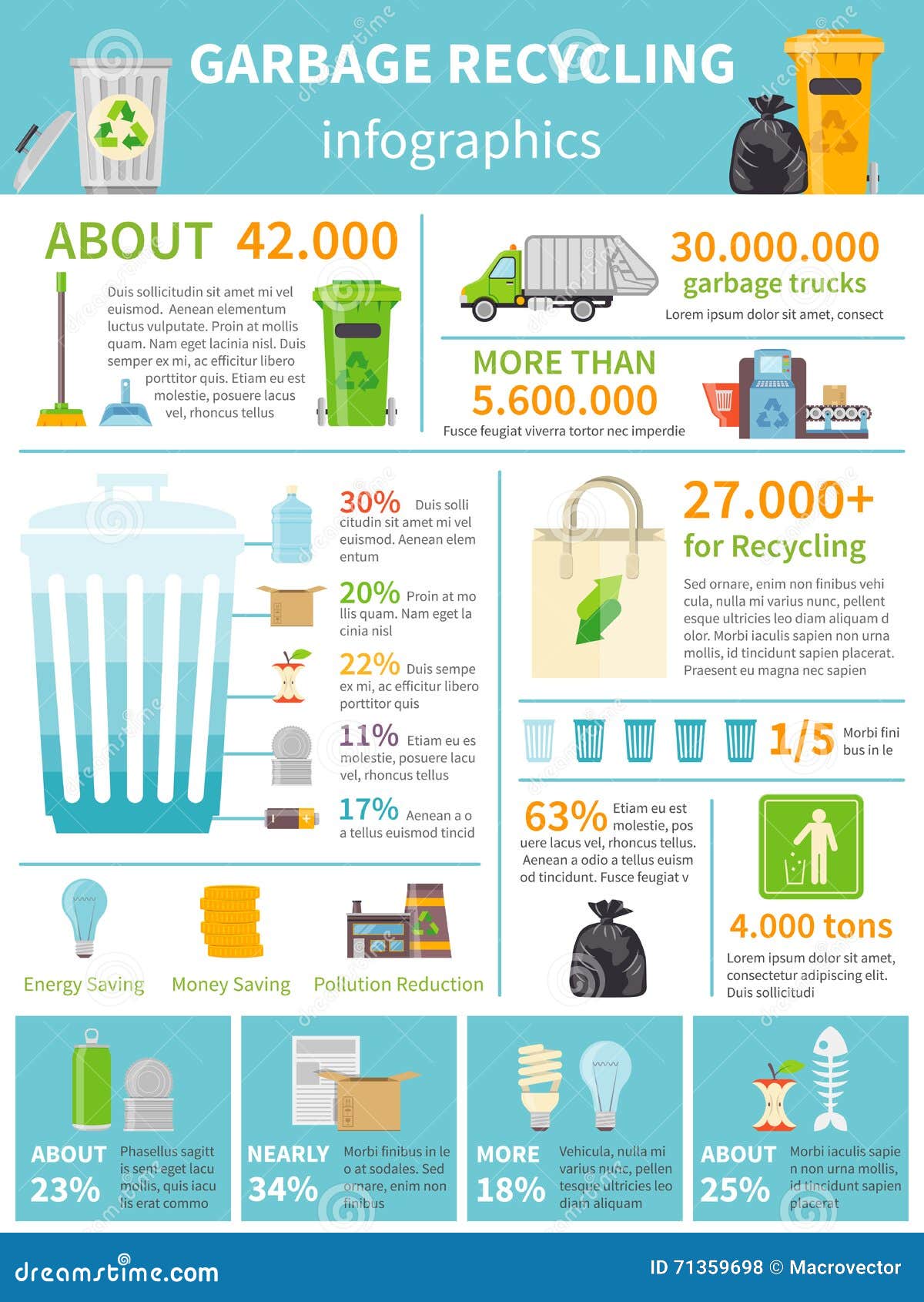Constant Risks To Stay Clear Of When Protecting A Dumpster Rental
Constant Risks To Stay Clear Of When Protecting A Dumpster Rental
Blog Article
Staff Writer-Jonassen Byrne
When leasing a dumpster, you have to stay away from usual blunders that can lead to unnecessary hassles and expenses. Choosing the wrong size or overloading the dumpster are challenges that can interrupt your job and expense you greater than expected. In addition, neglecting rules on restricted items can have severe effects. By avoiding these errors, you can ensure a smooth rental procedure and make the most out of your dumpster experience. Yet there's one more crucial element to think about that can make or damage your rental success.
Wrong Size Selection
When leasing a dumpster, one of the most typical blunders to avoid is picking the wrong size. It's important to examine your demands properly to guarantee you choose a dumpster that can suit all your waste. Going with a dimension that's also tiny might lead to overflow, extra costs, or the need to lease one more dumpster.
On the other hand, picking a size that's also huge can lead to squandered money on unused area. To avoid this mistake, meticulously approximate the quantity of particles you'll have and review your project details with the rental firm. They can supply advice on the appropriate size based on your requirements.
Straining the Dumpster
To make sure a smooth waste disposal process when leasing a dumpster, it's critical to be mindful of overwhelming the container. Overloading a dumpster can result in a variety of problems that may not just hassle you but likewise cause extra fees or delays in waste removal.
When you go beyond the weight limitation or fill the dumpster past its capability, it becomes tough for the rental business to safely transport and empty it. https://rolloffdumpsterrentalnear55443.blogars.com/29271517/the-necessary-guide-for-beginners-on-dumpster-rental-your-full-starting-point can pose safety dangers to the motorists and others when traveling.
Furthermore, roll off trash containers can create damage to your residential property or the area where the dumpster is positioned. Excessive weight can put pressure on surface areas like driveways or parking lots, bring about fractures or imprints.
more information can likewise cause debris spilling out during transport, developing a mess and potentially creating damage to the setting.
Violating Prohibited Things
Staying clear of overloading the dumpster is just one facet of responsible garbage disposal; nonetheless, one more important element to consider is adhering to the list of banned items. Breaching the constraints on what can and can't be disposed of in the dumpster can lead to major effects.
Hazardous materials such as batteries, chemicals, paints, and oils are commonly banned from dumpsters as a result of environmental problems. These things can pollute soil and water resources if not gotten rid of appropriately. Furthermore, appliances, electronics, tires, and bed mattress are frequently restricted as a result of their size and the specialized recycling processes they need.
Breaching these rules can lead to fines, fines, and even hold-ups in your waste removal procedure. It's vital to meticulously examine the list of prohibited items offered by your dumpster rental firm and make alternate arrangements for dealing with them. By following these guidelines, you can ensure a smooth and certified garbage disposal experience while staying clear of unneeded issues.
Conclusion
Finally, avoiding common mistakes when renting out a dumpster, such as selecting the wrong dimension, straining it, or breaking restricted items, is crucial for an effective rental experience. By accurately examining your needs, complying with weight restrictions, and sticking to disposal guidelines, you can guarantee a smooth and convenient process. Remember to interact effectively with the rental firm to attend to any kind of problems and make sure a positive outcome for your job.
